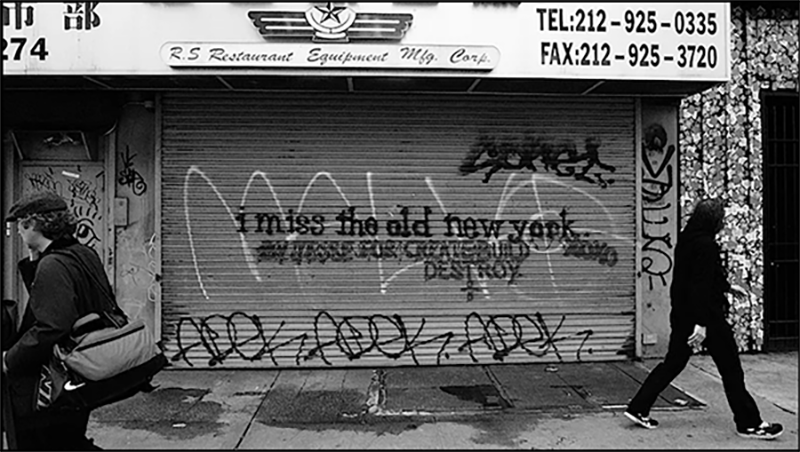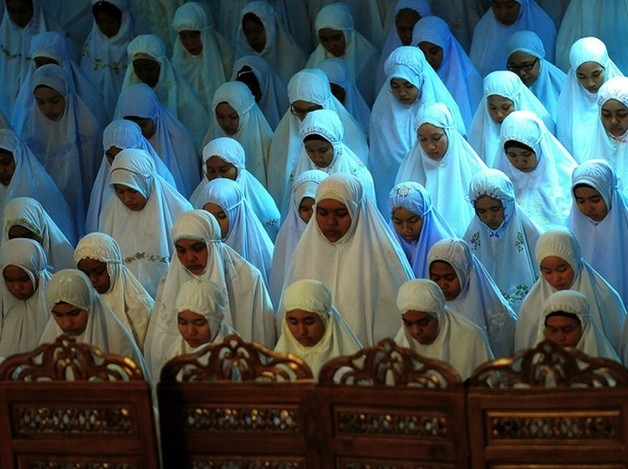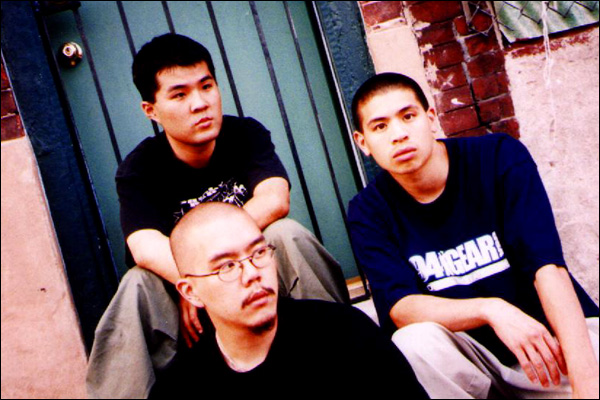Mosques and Muslim organizations rise to the challenge of fulfilling their Islamic duty of service and charity.
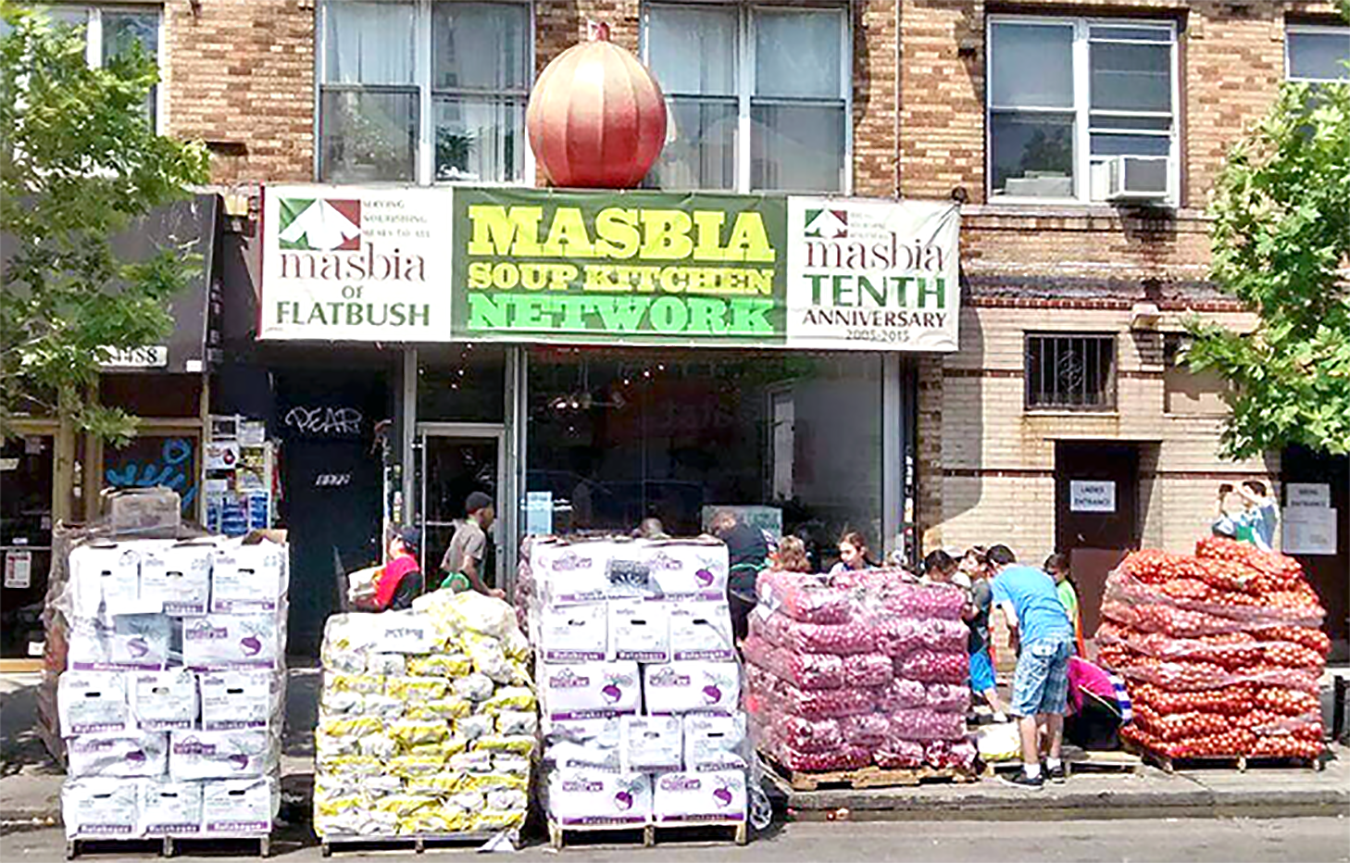
August 14, 2020
It has been a busier than usual Ramadan for the mosaic of institutions that encompass the vastness of New York’s diverse Muslim community. With the COVID-19 pandemic particularly ravaging immigrant communities, mosques and other Muslim-based organizations are reorienting their operations to cope with the crisis. Fortunately, many are tapping into Islam’s rich tradition of mutual aid for guidance.
Imam Said Mahmood Kauser leads congregations in four mosques in Brooklyn, Bronx, Queens, and Long Island. But the coronavirus pandemic has radically reshaped his role as Imam, as well as the function his mosques serve in the community. Since the start of the pandemic, almost overnight, Kauser’s mosques have been transformed into fully functional food pantries, serving upwards of 150 meals a day to Muslims and non-Muslims alike. For those who can’t leave their homes, Imam Kauser’s mosques will deliver food straight to their doors.
“We are trying to help local communities as well as all those who are struggling with food,” Kauser says. “During the month of Ramadan, we know full well that people will be struggling financially and can’t even afford two meals a day. In addition to feeding people, our role has now become an essential service for many.”
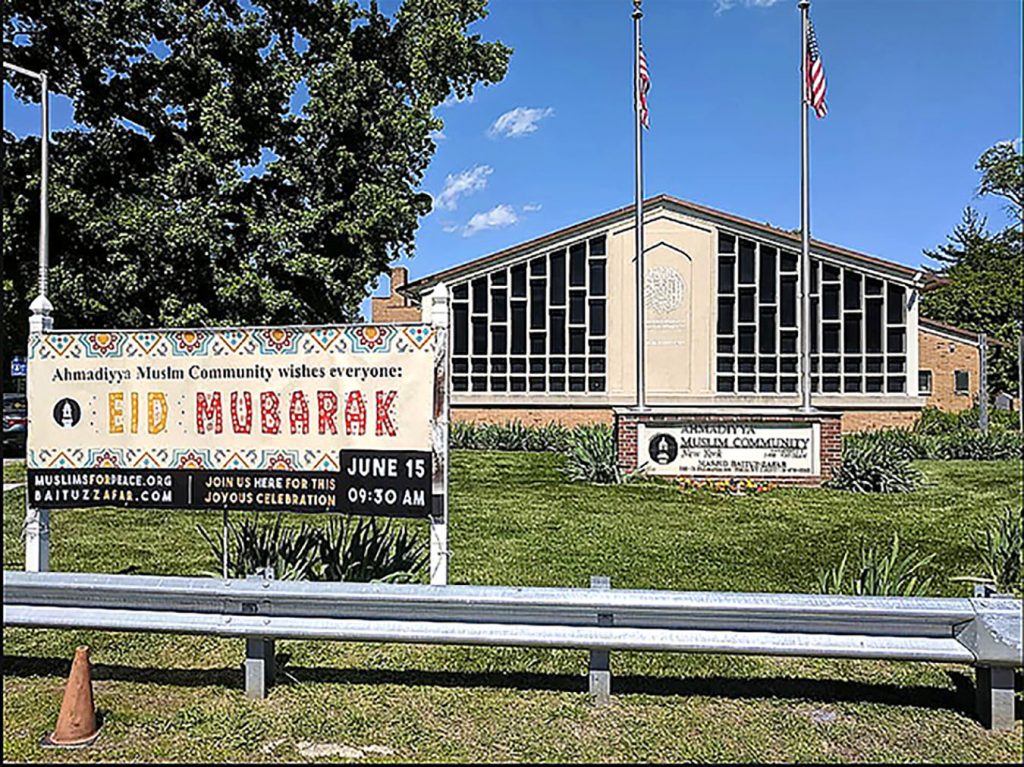
As the pandemic peaked in New York, Muslim communities had already begun preparing for the holy month of Ramadan. Traditionally, Ramadan, observed during the ninth month of the Islamic calendar, involves fasting from food, water, and sex from dawn to dusk for typically 30 days. It is a time reserved for deep spiritual cleansing of sins. A time for self-sacrifice and reflection. Above all, it’s a time that should be devoted to Zakat, the Muslim form of charity which is obligatory for every Muslim. With Covid-19 devastating communities across the New York Metro area, many Muslims such as Imam Kauser, rose to the challenge of fulfilling their Islamic duty of service.
Kauser is the spiritual leader of the small but prominent Ahmadiyya Muslim Community in New York. Seen by mainstream Muslims as heretics for their break with Orthodox Islamic dogma in their belief that their founder, Mirza Ghulam Ahmad, is the second coming of Jesus Christ, the Ahmadiyya community was actually the earliest known organized Muslim community in the United States, dating back to 1920. In particular, its influence among African American communities has had a lasting legacy with its contributions to the Civil Rights Movement and jazz music.
Although ostracized, part of their sect’s tradition has always been public service. According to Ahmadiyya sources, during the 1918 Spanish Flu pandemic, the Ahmadiyya community was on the front lines in providing medical aid relief to the wider public. Imam Kauser is extremely proud that he can build upon that legacy.
“What’s cool about what we are doing is our history. Our doctors were on the streets, we were distributing food. So when we look back, we did it then, so there is no reason we can’t do it now.”
The Ahmadiyya community is not the only Muslim group responding to the COVID-19 crisis. Islamic Relief USA, a nonprofit humanitarian and advocacy organization that could be thought of as the Muslim equivalent to the Red Cross, has allocated over $1.9 million in funds across the country. Founded in 1993, the Alexandra, Virginia-based IRUSA typically sponsors and funds domestic projects ranging from emergency disaster relief to providing housing and healthcare for vulnerable individuals. With many smaller mosques and social service organizations struggling to cope with the coronavirus outbreak, IRUSA created a fund specifically designed to preserve essential social support to meet increasing demand and provide food, hygiene kits, and cash assistance to families in need.
For Muslim communities, mosques can serve as a first-line defense for people struggling with life during a pandemic and financial crisis. So far, Islamic Relief has donated over $25,000 to mosques across the greater New York metro area.
“This situation is unprecedented. It’s Islamic Relief’s top priority to support the communities that will be most severely affected by the COVID-19 pandemic,” Said Sharif Aly, CEO of Islamic Relief USA. “We must stay together during this testing time, and call on policymakers in the United States to advocate on behalf of the most marginalized communities.”
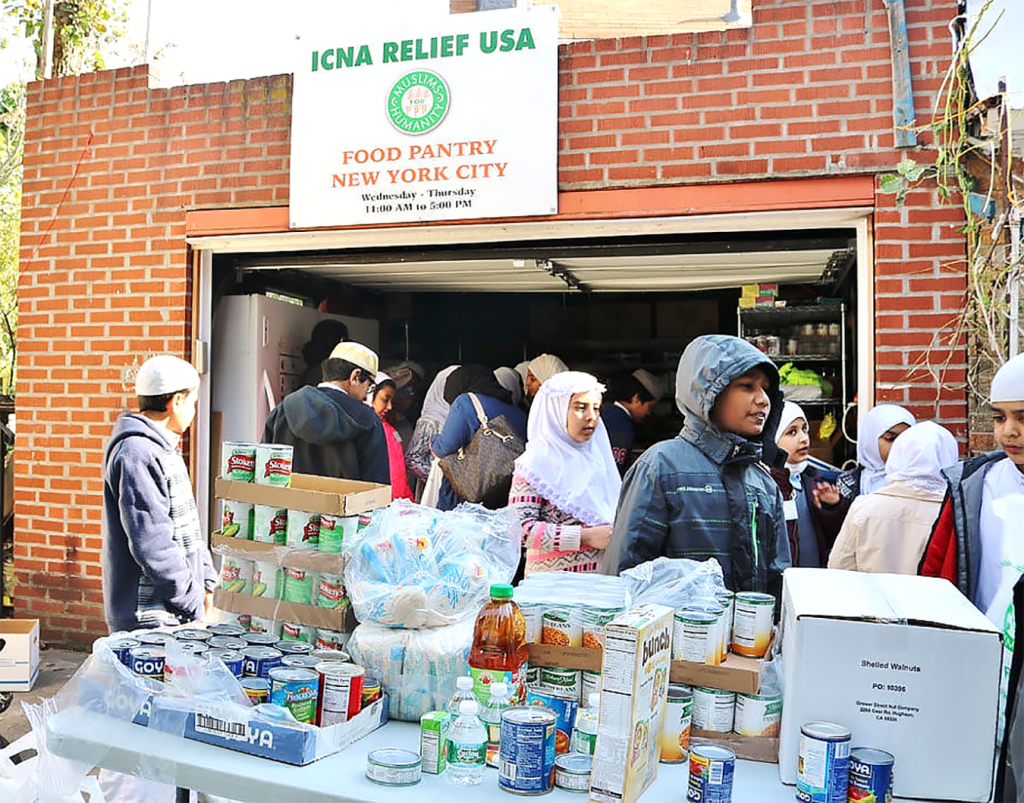
In Jamaica, Queens, The Majlis-Ash Shura Islamic Leadership Council of New York received $12,000 relief funds from Islamic Relief, which it plans to distribute directly into the hands of its struggling membership base. Southeast Queens, in particular, was one of the hardest-hit regions in the city by the pandemic, with a 73.6 percent share of positive COVID-19 tests.
“Majlis Ash-Shura is currently working with religious leaders to disburse funds through prepaid cards to financially struggling families who have been impacted by COVID-19,’ said Lamiya Khandaker, project manager with Majlis-Ash Shura.“We hope that these disbursed funds will assist families in buying essentials and basic necessities which may be otherwise difficult to afford at the moment.”
To Muslims, mosques are more than a place of worship; it is the epicenter of their lives. It’s a social center as well as a lifeline for Muslims and non-Muslims alike who have little else and nowhere to turn to. During the Nazi occupation of Paris, The Grand Mosque of Paris rescued hundreds of Jews fleeing the horrors of the Holocaust by providing them sanctuary, certificates of Muslim identity and safe passage out of the country.
With the pandemic, when congregating in mosques is no longer safe, Imam Kauser is quick to point out that the mosque and the services it provides go beyond any physical space. He insists that the mosque is a state of mind that can be experienced anywhere.
“Thankfully, the holy Prophet Mohamed said to us that the entire world is made into a mosque. That’s the beauty of Islam.

